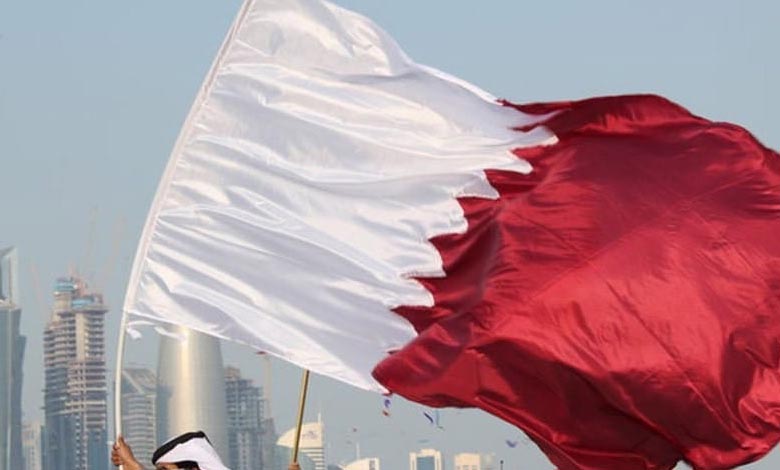Qatar violates the al-Ula Agreement and allows its media to offend its neighbors
Qatar has not changed its hostile policy towards the Arab Quartet, despite its commitment to the al-Ula agreement

After the conclusion of the al-Ula agreement in Saudi Arabia, everyone was optimistic that Qatar would return to its Gulf and Arab embrace, and end its hostile practices toward its neighbors. But our optimism has been naive, for Qatar has not changed, and it is manifested in its media arm, Al Jazeera.
Incitement against Saudi Arabia
The small Principality has continued its counter-terrorism policy towards the States of the region through its Al-Jazeera channel, with ample evidence of this before and after the al-Ula Agreement. We can recall here two important events that took place a few months ago: First, Hezbollah is aware that Lebanon’s Hezbollah organized a conference in the southern suburbs of Beirut in which it mobilized what it called the opposition in the Arabian Peninsula, aimed primarily at offending Saudi Arabia, and inciting violence on its lands. And the incitement against the rest of the Arab Gulf States to alter their security and political stability; and during that time, Al Jazeera worked on media coverage of the conference in Saudi Arabia.
Qatar’s provocative stance follows a visit by Saudi Crown Prince Mohammed bin Salman to visit the Gulf Cooperation Council ahead of the latest cooperation summit in Riyadh last December, including Prince Mohammed bin Salman’s visit to Qatar and his meeting with the former Emir of Qatar, Sheik Hamad bin Khalifa al-Thani, who has always described Al Jazeera as a crown in Qatar.
Incitement against the United Arab Emirates
The second event came after the United Arab Emirates was subjected to Houthi-Iranian terrorist attacks, where the Qatari chain opened the air directly to Houthi militia leader Mohammed al-Bakhaiti for over an hour, during which the Houthi terrorist celebrated the strike and confirmed that it was painful and only the beginning, and his statement certainly concluded that the military operation is still ongoing.
Al-Bakhaiti was a permanent guest on Al Jazeera, where the channel gave him a platform to make threats to Saudi Arabia and the UAE.
Al-Jazeera has not only hosted Al-Bakhaiti, but it has also hosted military experts hostile to the United Arab Emirates and Saudi Arabia who are in the orbit of Iranian agendas in the region. Qatar’s media policy towards the Gulf countries has brought the path of reconciliation back into the box of doubts, as media professionals and tweeters have criticized and criticized Al Jazeera’s media coverage of pro-Iranian Houthi terrorist attacks on the UAE as an exaggeration of the event, while others have seen it as part of the provision of media services to Houthi militia. Qatar, through its media spokesmen, still backs all hostile parts of the Gulf States and constantly points its poisoned arrows at Saudi Arabia, the UAE and Bahrain… as it once did. Before the al-Ula reconciliation agreement, nothing changed in Qatari foreign policy and nothing changed in its anti-Arab media policy.












